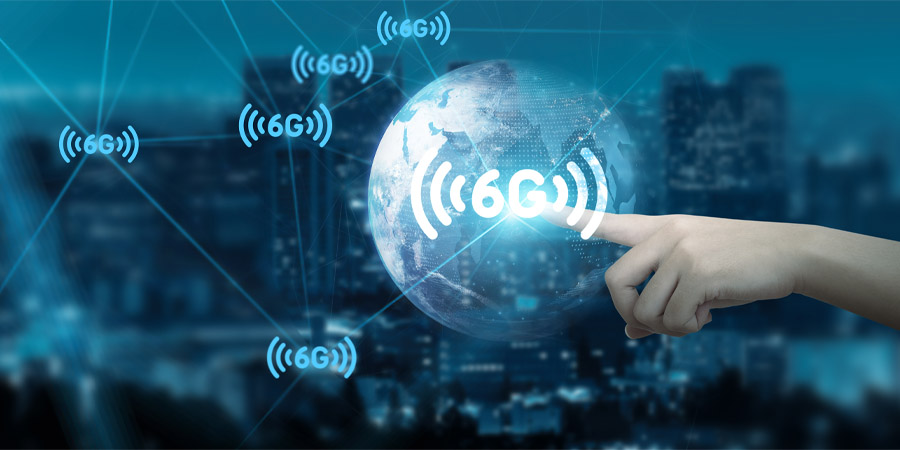South Korea’s Ministry of Science and ICT (MSIT) has established a ‘6G Society’ to facilitate cooperation between the 6G mobile telecommunications and satellite communication industries.
The ‘6G Society’ is expected to promote collaboration between the satellite communication field and the 6G mobile communication field, at a time when such technologies are becoming essential elements of the 6G ecosystem.
The integration of terrestrial and satellite communications is expected to facilitate hyper-space communication services, allowing for seamless connectivity across various settings on land, sea, and air.
Latest Network News: South Korea to Revoke Stage X's Mobile Operator License
MSIT plans to develop 6G wireless communication with hyper-connectivity and ultra-low latency as a result of the collaboration among ‘6G Society’ members.
Ryu Jae Myeong, Deputy Minister of Network Policy Bureau at MSIT, highlighted the importance of the collaborative principles that form the foundation of the ‘6G Society.’
“It is very important to bring together industry, academia, research institutes, and government to be a first mover to set the 6G standards and secure technology for rapid commercialization,” he said.
At present, the ‘6G Forum’ and ‘Satellite Communications Forum’ function independently, aligning with their own market segments and technology areas of interest. The ‘6G Society’ will function as a bilateral advisory group, promoting collaboration by exchanging information on standardization trends and deliberating on initiatives for collaborative technology development.
Also Read: South Korea's USD 527 Million Strategic Investment in Artificial Intelligence
The launch event showcased talks by prominent figures in the industry, such as Kim Dae Jung, the Director of the Telecommunications Technology Association (TTA). During his presentation, he provided an overview of the global developments in the standardization of 6G technology.
Additionally, Choi Seong Ho from the Institute of Information & Communications Technology Planning & Evaluation (IITP) provided valuable information regarding the advancements in 6G and low-orbit satellite communication technology.
Professors Jang Kyeong Hee and Lee Moon Gyu, who represent the 6G Forum and Satellite Communication Forum respectively, presented comprehensive summaries of the research and development (R&D) endeavors in their respective disciplines.
Read More: South Korea's Mobile Service Revenue Set to Grow at 3.5% CAGR by 2028





